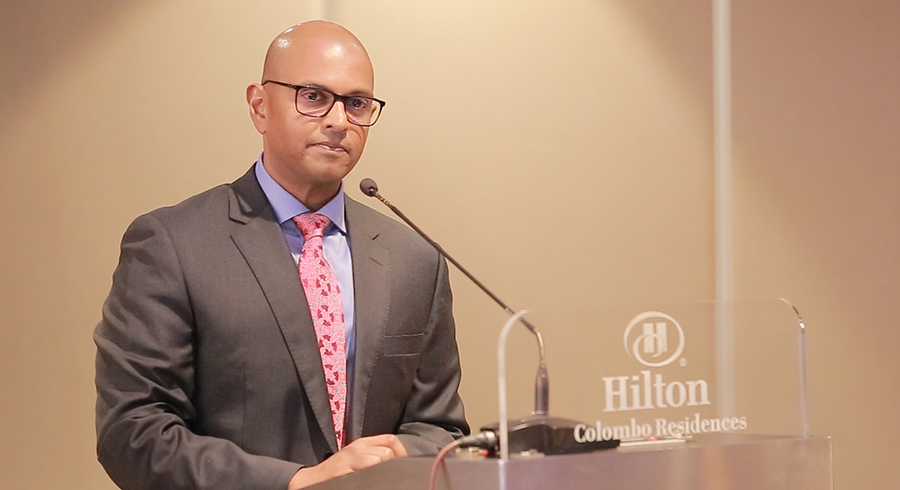While the CMTA acknowledges the positive step of easing these restrictions, they emphasize the need for a sustainable approach to manage foreign currency expenditure on vehicle imports.
The CMTA previously put forth a proposal to reintroduce imports of commercial vehicles and two-wheelers with initially higher duties that gradually decrease over quarters.
This proposal aims to regulate the outflow of foreign currency as vehicles will only be imported for demand and not for stock.
However, the CMTA has expressed reservations about the new policy allowing the import of buses up to 10 years old, as opposed to the previous limit of 5 years.
This change in age restriction could lead to very lower purchasing prices for these buses initially.
However the resulting outflow for vehicle repairs & spare parts can reverse this benefit in the coming years.
Such short term policy measures should be reconsidered and investigated.
Buses with a 10-year age or more typically have covered approximately 1 million kilometres, which equates to around 100,000 kilometres per year.
The CMTA has also raised concerns of the environmental & safety impacts of buses that are 10-years of age and their road worthiness, especially if they are not properly tested beforehand.
Conversely, the CMTA cautions that the primary beneficiaries of importing older vehicles would be the importers or sellers.
These entities could acquire the vehicles at lower costs and then increase their profit margins when reselling them to operators, given the current high demand.
Additionally, there's a potential risk of mileage tampering before reselling these vehicles, a practice that the CMTA strongly believes could become more prevalent in the country if unchecked.
The CMTA strongly recommends that the relevant authorities take the necessary precautions and implement sustainable policies that benefit all stakeholders.
Photo Caption Virann De Zoysa, Senior Vice Chairman - Ceylon Motor Traders Association.























